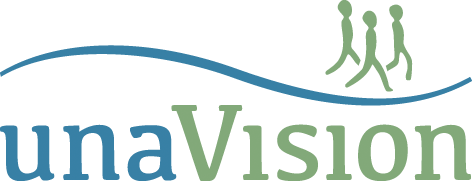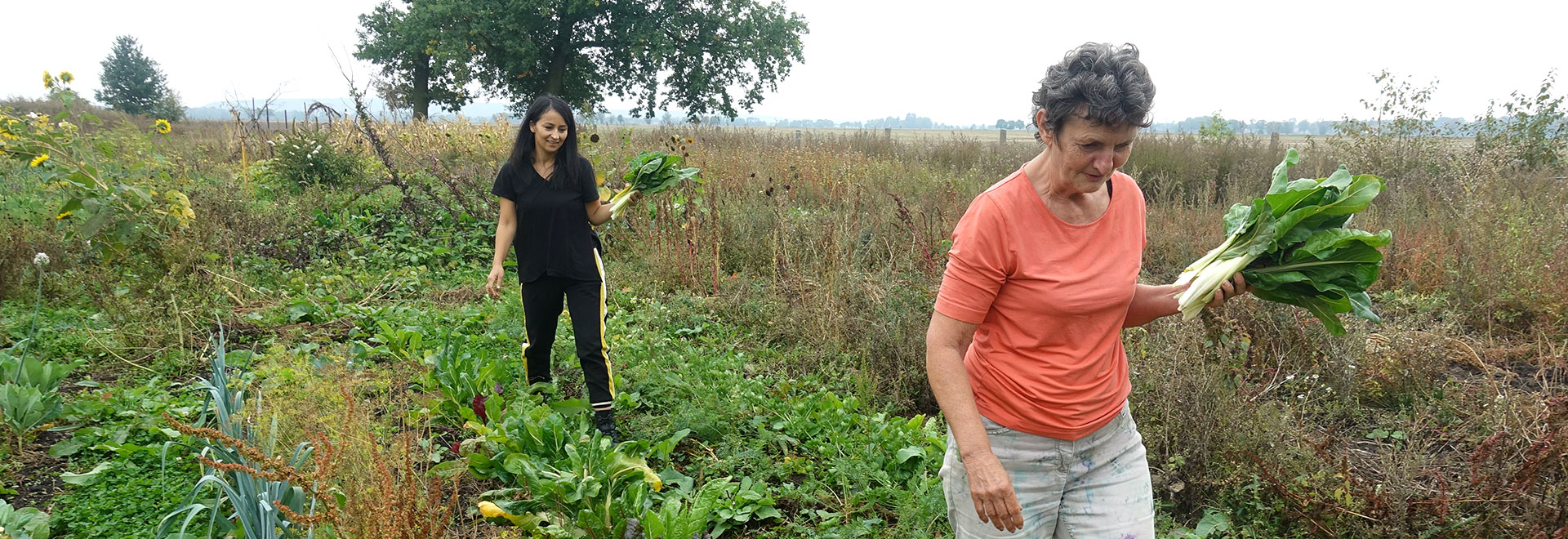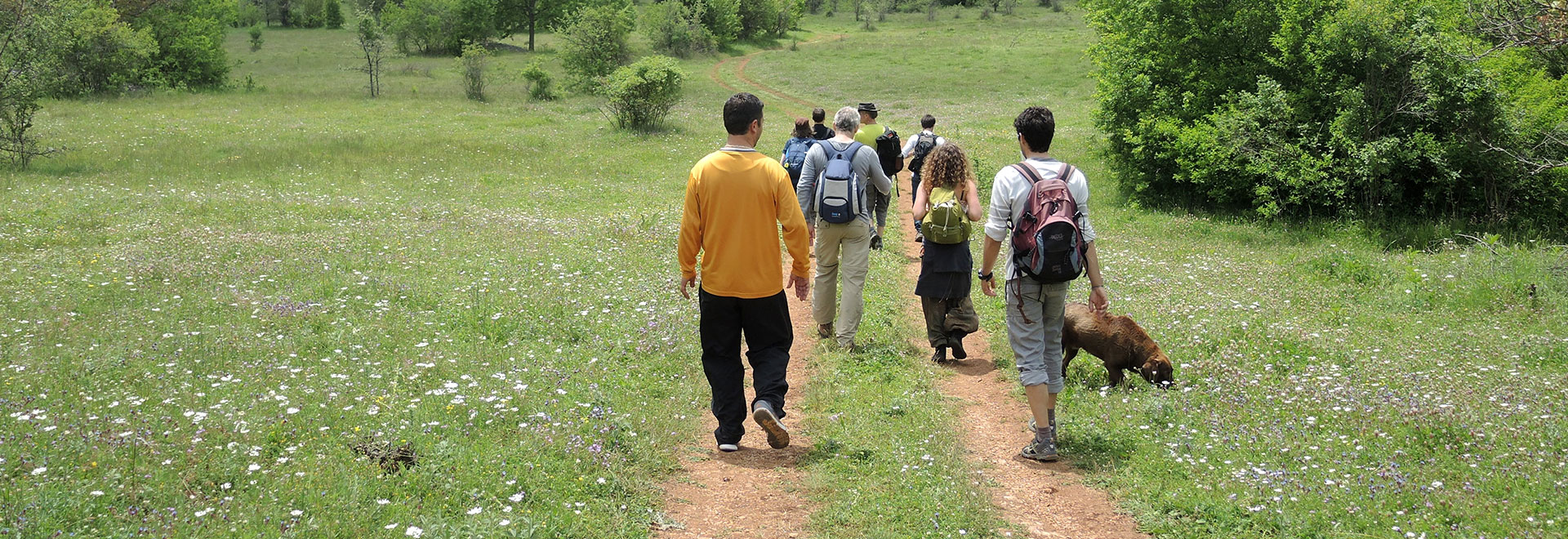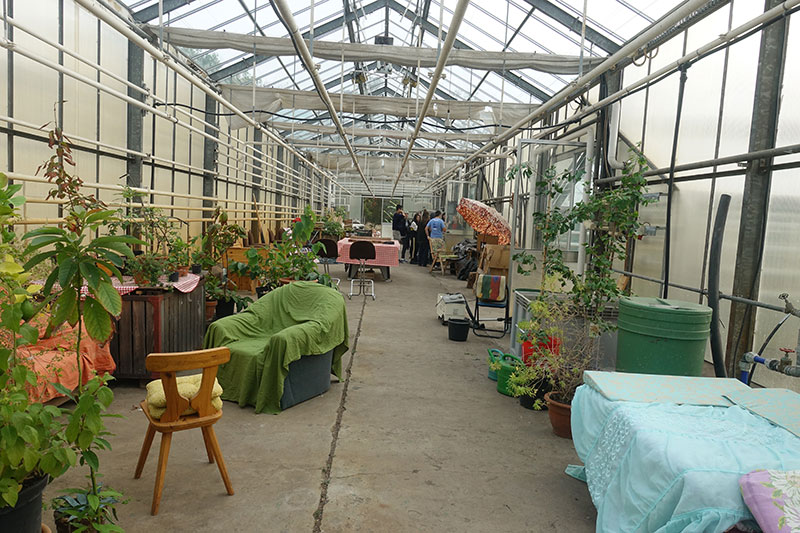UnaVision Germany
1. Where is the UnaVision group located?
The German UnaVision group is located at Herzershof in Küstriner Vorland 90 km east of Berlin, near a village with about 2.000 inhabitants. It is a rural area dominated by agriculture with monoculture and pesticides.
2. Which challenges or aims are addressed and how?
The projects address improvement of education in rural areas with special focus on resilient sustainable lifestyles and improving the attractiveness of rural areas for young people. With project-based learning they establish prototypes of sustainable lifestyles, increase biodiversity and address several Sustainable Development Goals of the UN (SDGs). They teach the trainees how to work in agile circles of designing, checking and improving. This builds up self-learning structures within a global network in a systematic transformative learning process. Weekly and monthly T-Learning (Transformative Learning) sessions are offered to talk about activities and their results, identify learnings, un-learnings, challenges and the causes, patterns and systems behind these.
3. Which groups of people are addressed?
Young people are especially addressed aiming at inspiring and enabling them to design their living in the increasingly attractive rural area in a fulfilling meaningful way. The projects take responsibility for the dignity of people of different genders, ages, educational backgrounds, races and beliefs and for the protection and regeneration of the environment and nature. This project design is also attractive for urban professionals working part time in a home office and aiming at broadening their horizon.
4. What has been done?
The projects at Herzershof started in 2018 with the acquisition of an existing farm with greenhouses, a garden area, a dormitory, a meetinghouse, a mechanical workshop and auxiliary buildings. Right now, the renovation process improved the facilities for about 10 permanent inhabitants and additional sleeping facilities for about 12 short term trainees. Regenerative heating is implemented and the meeting house is getting a kitchen for hosting large groups. Already several mixed groups with participants from different countries were hosted in the frame of the EU Erasmus program. They focused on establishing social entrepreneurships in rural areas.
5. What is planned to do?
It is planned to increase the activities for international groups of young people. Project-based trainings for agroforestry and soil improvement shall show the trainees and the farmers around, how they can use their land supporting biodiversity without pesticides, reversing erosion, improving the landscape and the attractiveness of the region and so on. Trainings about a grey water treatment plant using plants shall spread the ideas of closing local circles of resource flows for resilience. More projects on regional circular economies and social entrepreneurships are in preparation.
6. Which NGO is responsible for this?
ThinkCamp gem. eG is our nonprofit NGO which organizes the UnaVision activities. The ThinkCamp initiative began in 2007, was founded as a cooperative in 2010 and works around sustainable development with project-based workshops, research and learning journeys and hiking dialogs. Numerous activities were implemented in Europe, Africa, Asia and the Americas. See:






